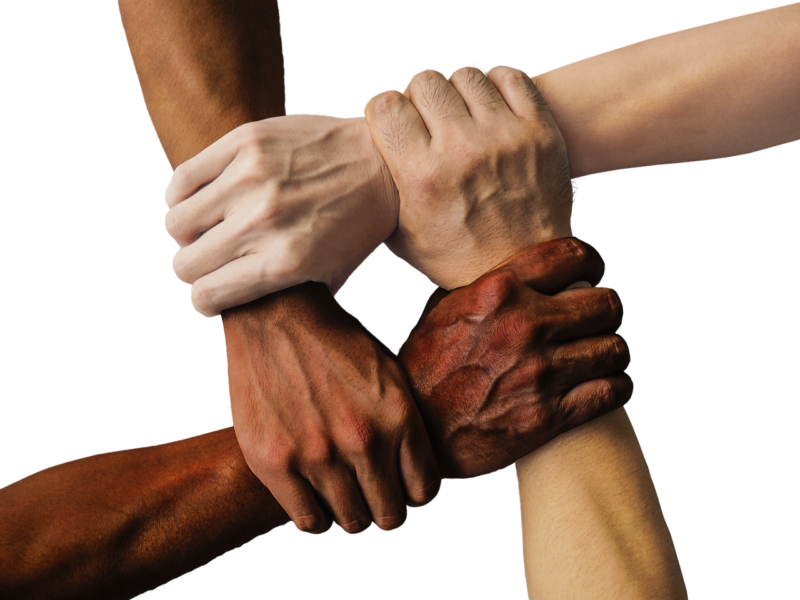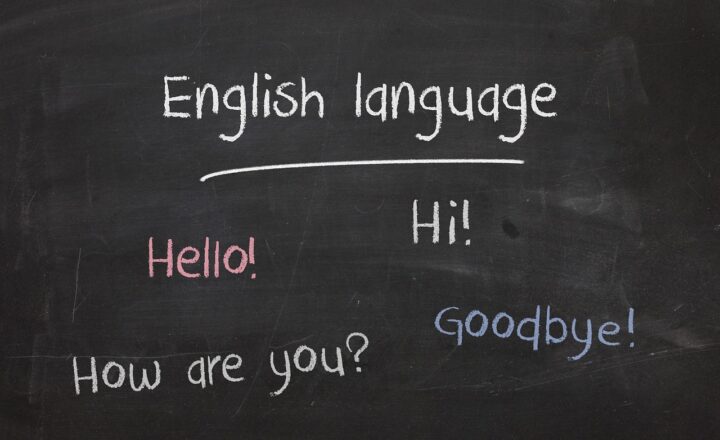
Language is more than just a means of communication; it is a powerful tool that shapes our identities and influences how we perceive the world around us. Understanding the role of language in cultural identity provides profound insights into the ways communities express themselves, preserve their history, and establish connections with one another.
1. The Relationship Between Language and Cultural Identity
Language is intricately tied to culture, as it acts as a vessel through which cultural knowledge, traditions, and practices are conveyed. Each language reflects the unique history and worldview of the culture it represents. For instance, the Inuit language comprises numerous words for snow, each indicating different types and conditions, illustrating the significance of snow in their environment and culture. This demonstrates how language can encapsulate cultural nuances that may be lost in translation.
Moreover, language fosters a sense of belonging and identity among its speakers. It serves as an indicator of group membership, allowing individuals to connect with others who share their linguistic heritage. This shared experience can be empowering and create a strong sense of pride in one’s ancestry and cultural background.
2. Language Preservation and Identity in a Globalized World
In today’s globalized environment, many languages face the threat of extinction due to the dominance of a few global languages, such as English, Spanish, and Mandarin. When a language dies, it takes with it a unique perspective on life, culture, and identity. The loss of linguistic diversity impacts the richness of human culture and heritage.
Efforts to preserve endangered languages are vital for maintaining cultural identity. Engaging with indigenous communities, developing educational resources, and promoting bilingualism are some strategies employed to ensure that languages survive for future generations. Language revitalization initiatives, such as the Maori Language Commission in New Zealand, have played significant roles in encouraging younger generations to embrace their linguistic roots, thereby reinforcing their cultural identity.
3. Language as a Reflection of Social and Political Identity
Language can also serve as a marker of social and political identity. Dialects, accents, and slang can convey information about a person’s social class, region, and even political affiliations. The use of language in political discourse has the power to unify people under a common cause or, conversely, to create divisions by instilling a sense of ‘us versus them’ based on linguistic differences.
For example, in the United States, the use of African American Vernacular English (AAVE) has often faced stigmatization. Despite its rich linguistic heritage and cultural significance, AAVE speakers may be unfairly judged based on their language use. This highlights how language perpetuates social inequalities and how crucial it is to understand the historical context behind linguistic variations.
4. Language and Cultural Expression
Language is a profound medium for cultural expression. Through literature, music, and art, individuals communicate complex emotions and values rooted in their cultural histories. Poetry in different languages can evoke unique feelings and sentiments that are deeply embedded in cultural narratives. For instance, Brazilian Portuguese allows for the construction of expressive phrases that evoke a sense of warmth and community.
Additionally, songs often serve as cultural artifacts that reflect societal values, collective memories, and shared experiences. Artists often use their native languages to portray the beauty and struggles of their culture, fostering a sense of continuity and connection among community members. This demonstrates how language acts as a conduit for cultural storytelling and community identity.
5. The Role of Language in Global Discourse
As the world becomes increasingly interconnected, language plays a crucial role in global discourse. Effective communication across cultures often requires understanding and navigating linguistic barriers. Multilingualism offers individuals the ability to engage with diverse perspectives, bridging cultural divides and fostering mutual respect.
Furthermore, international organizations and movements often adopt a multilingual approach to reach a broader audience. The United Nations, for example, promotes six official languages, emphasizing the importance of cultural representation in international dialogue. Language can, therefore, not only solidify cultural identity but also facilitate cooperation and understanding in a globalized world.
Conclusion
The power of language in shaping cultural identity is undeniable. It connects individuals to their heritage, preserves unique cultural knowledge, and enables expression through art and literature. As we navigate the complexities of a globalized society, valuing linguistic diversity is more important than ever. By celebrating the myriad languages that enrich our world, we can foster respect, understanding, and a shared human experience that transcends borders and cultural differences.
As we advocate for the preservation of languages and raise awareness of their cultural significance, we contribute to a more inclusive world that honors the voices of all its inhabitants.







